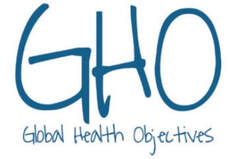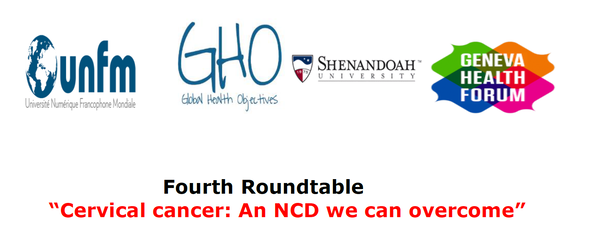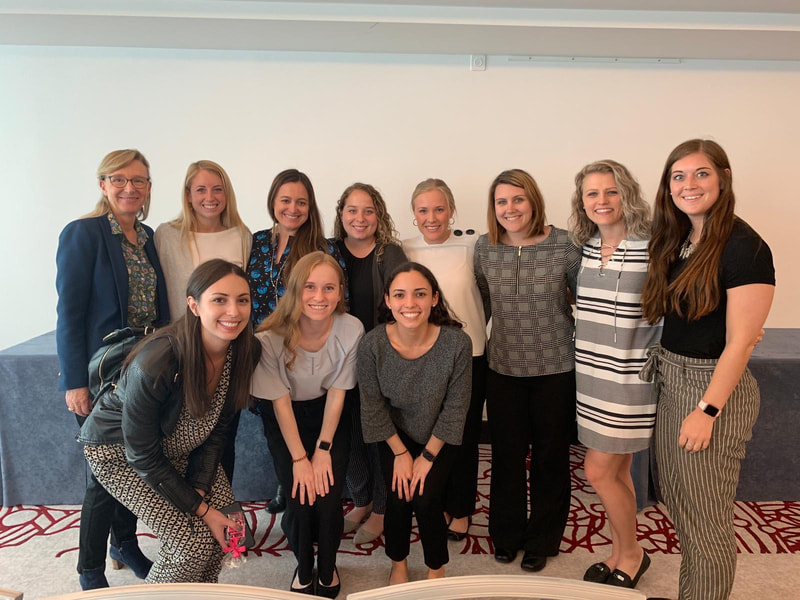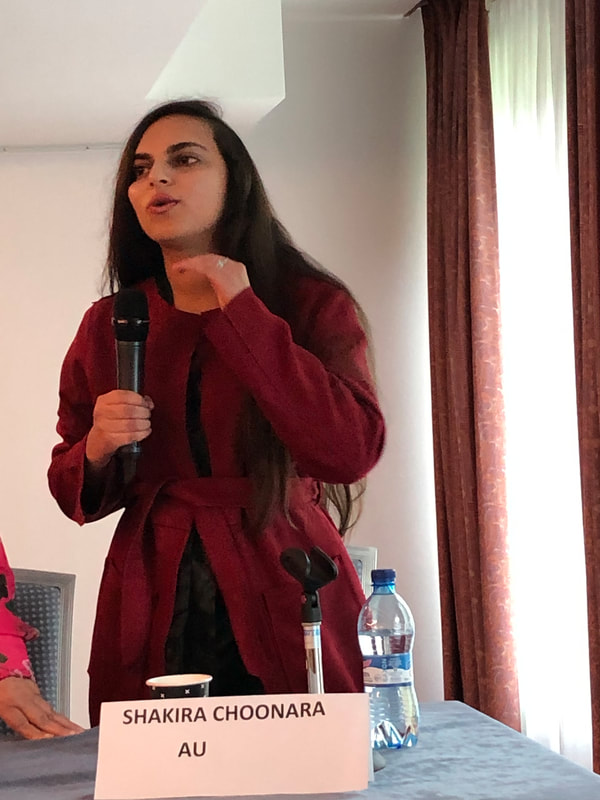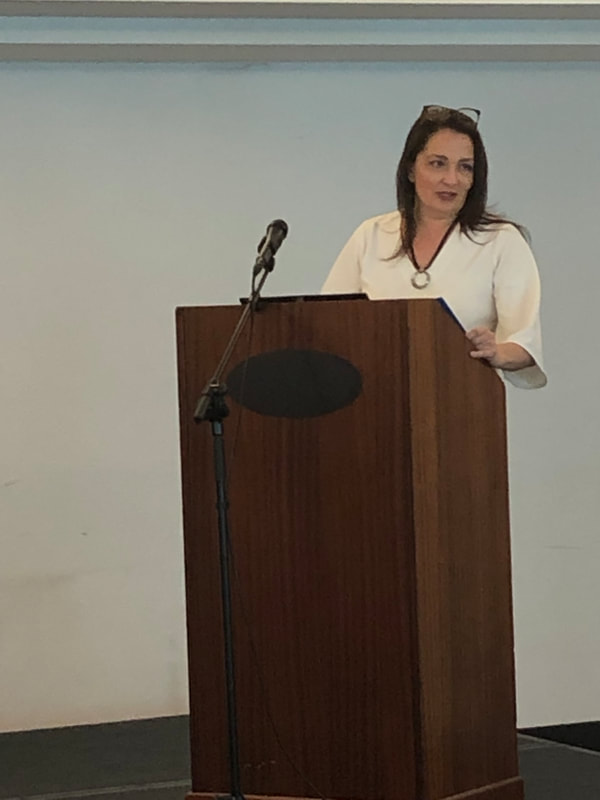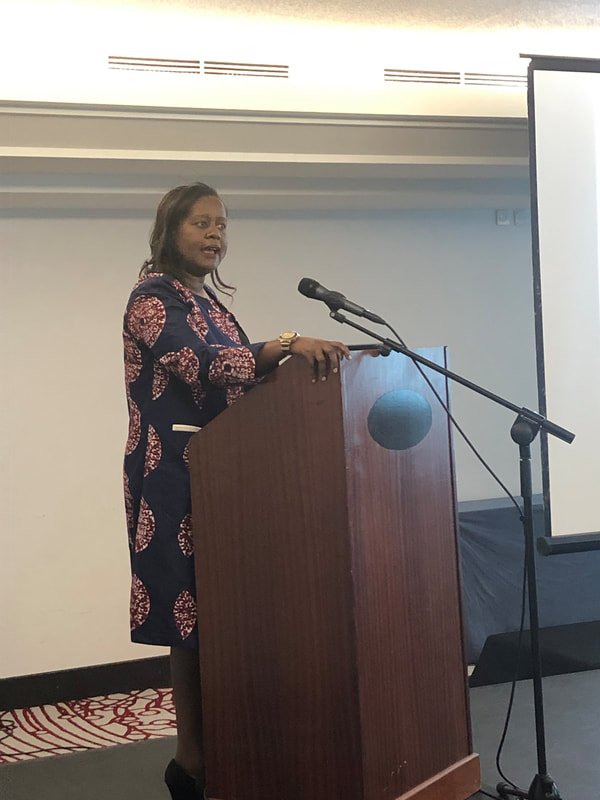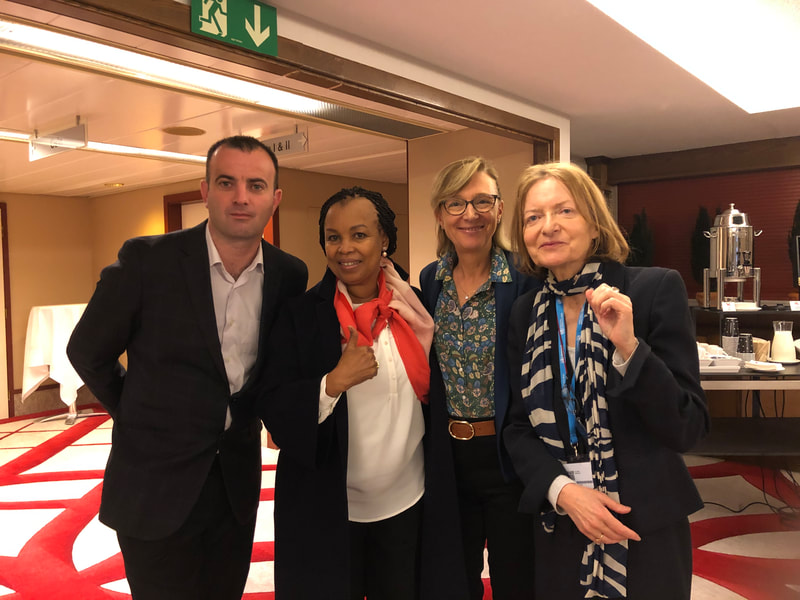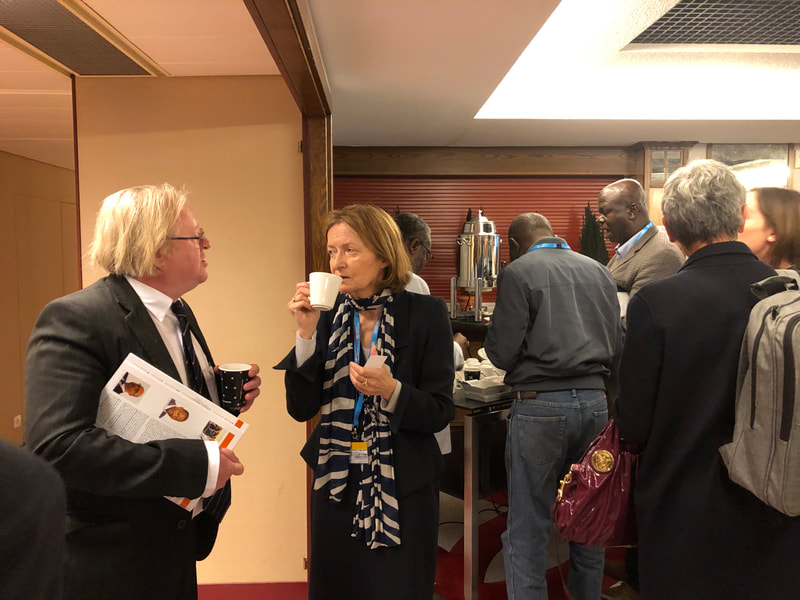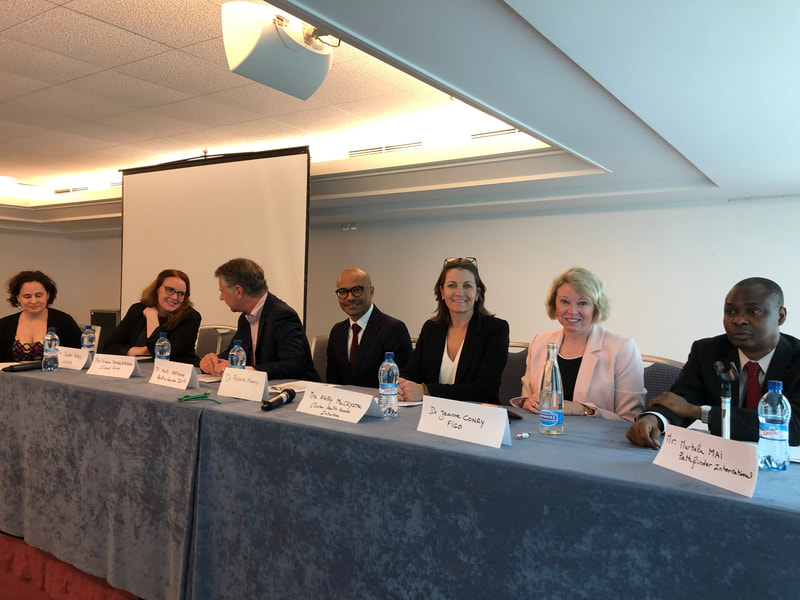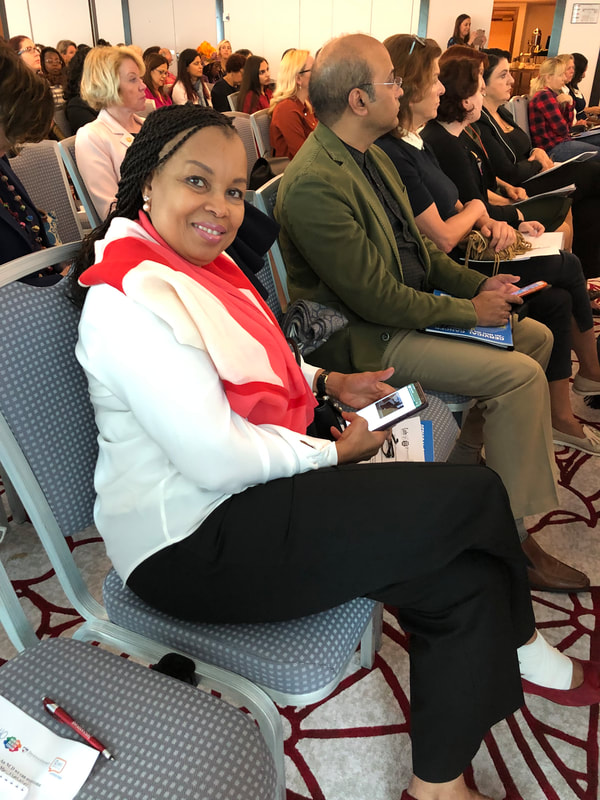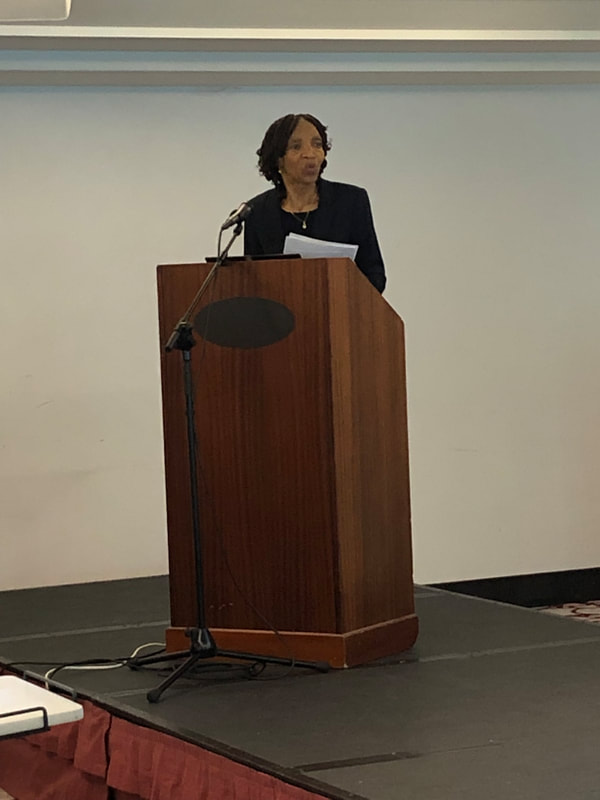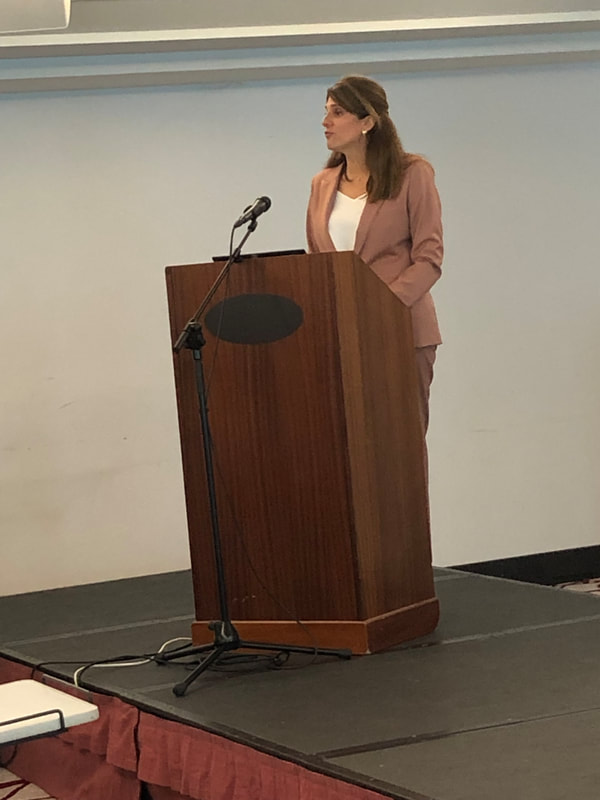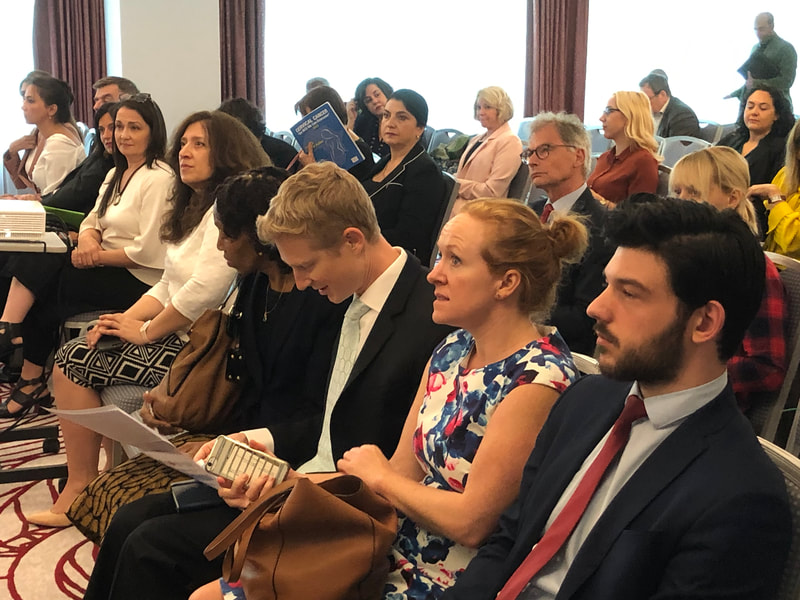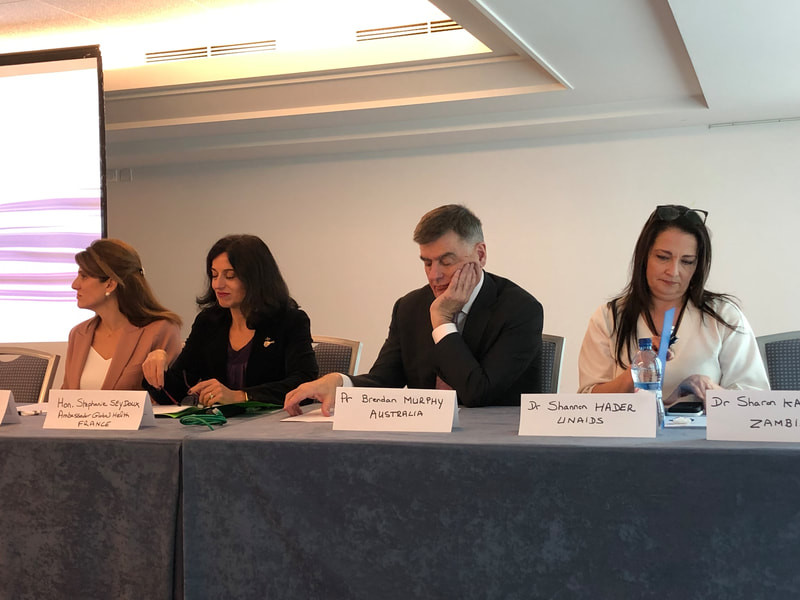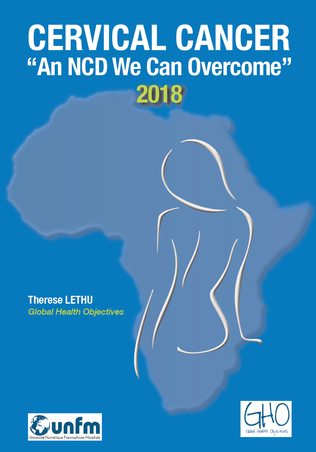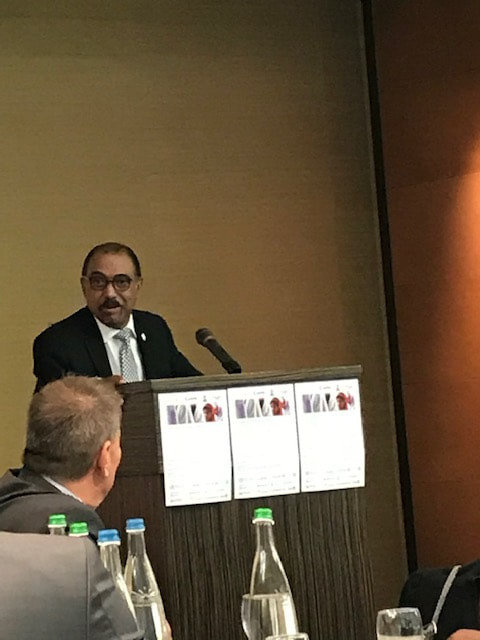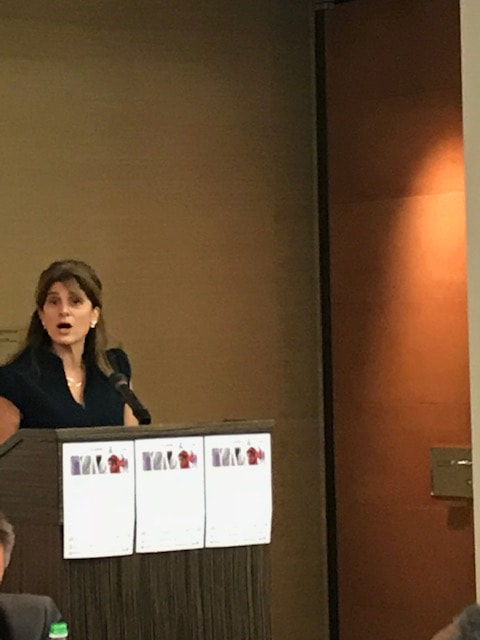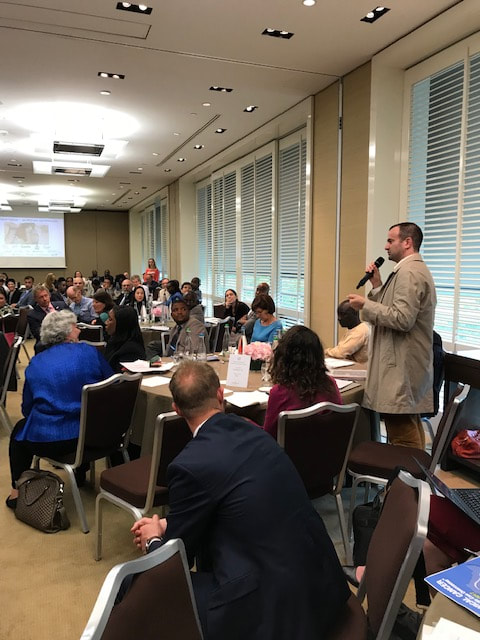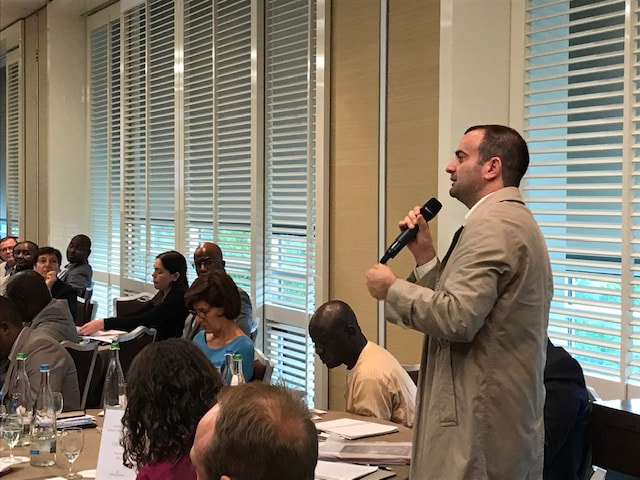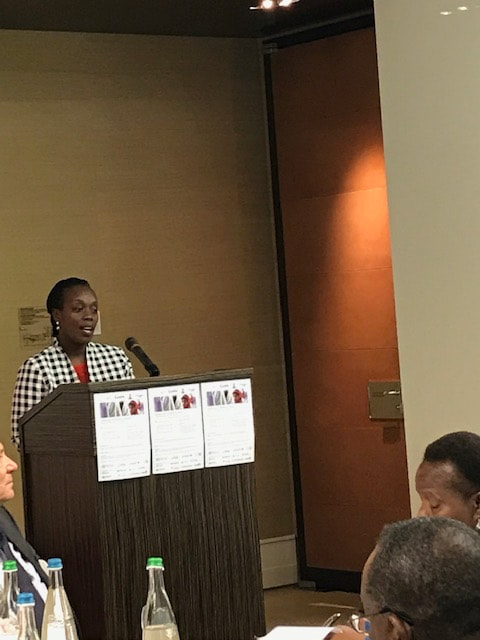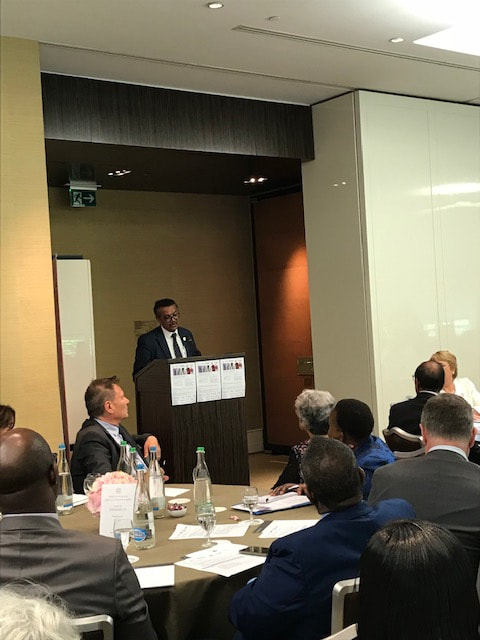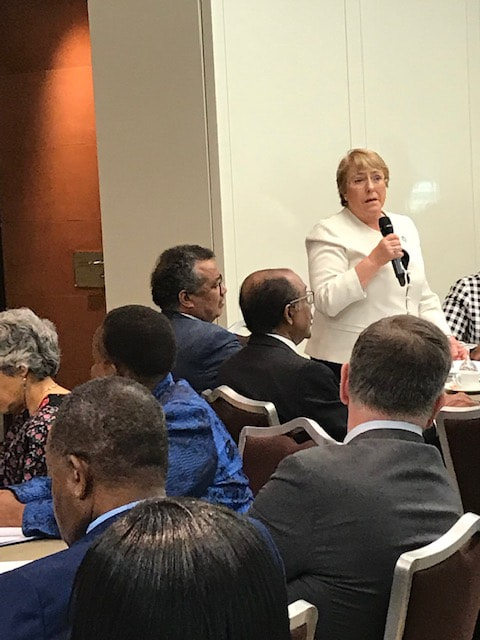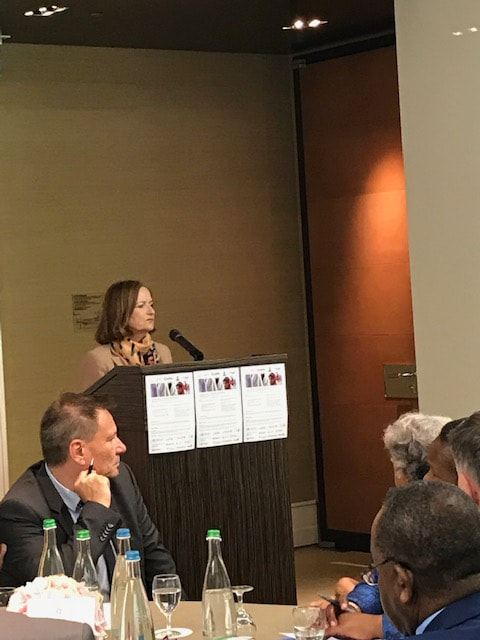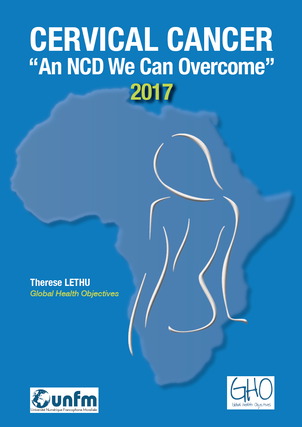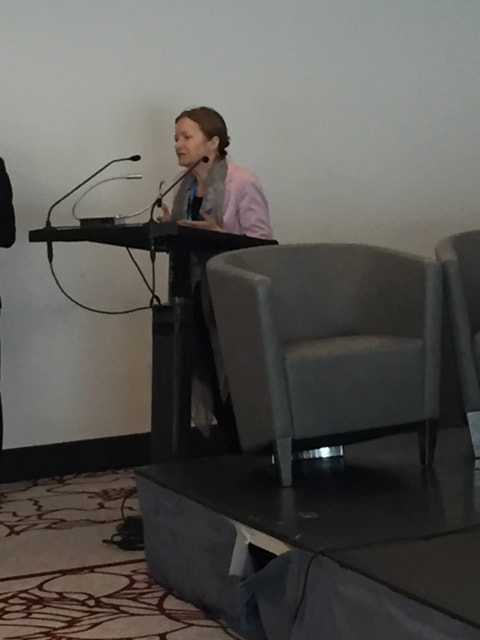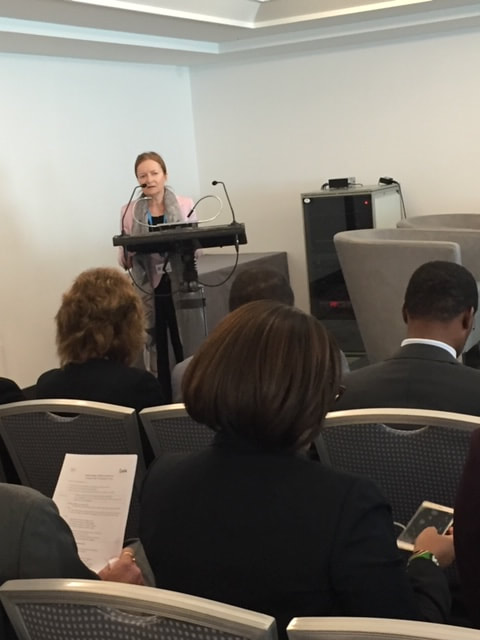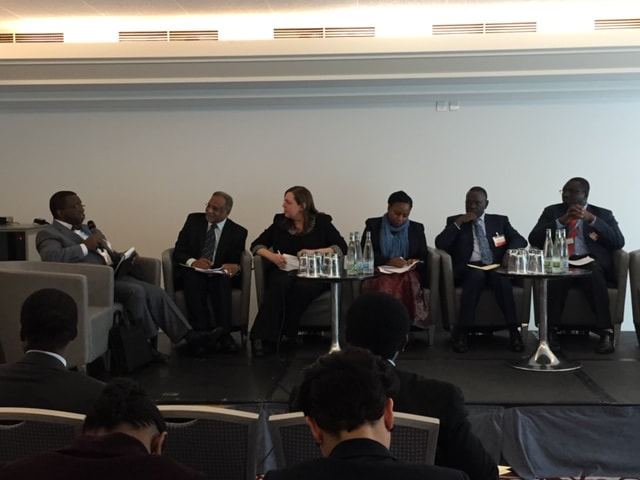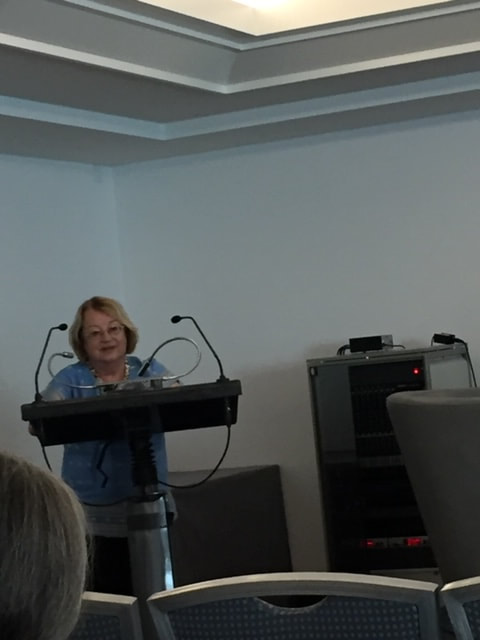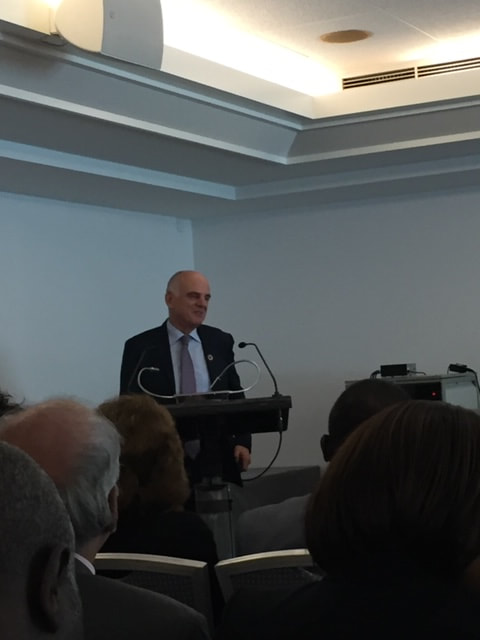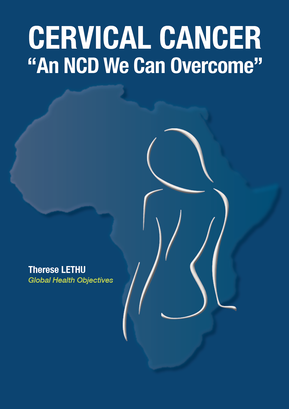Project Name and Responsible
|
Thérèse Lethu
Geneva, Switzerland https://www.researchgate.net/scientific-contributions/2126650077-Therese-Lethu |
Project Description
The need to exchange experiences and best practices towards the elimination of cervical cancer has never been so critical. Increasingly partners are joining efforts, providing new opportunities to move forward.
Since 2016, Global Health Objectives and its partners organise an annual Roundtable on “Cervical cancer: An NCD we can overcome”
The process is well underway since Dr. Tedros Adhanom Ghebreyesus, Director-General of the World Health Organization announced a global call to action towards the elimination of cervical cancer in May 2018.
In January 2019, the WHO Executive Board requested the Director-General to develop a global strategy to accelerate cervical cancer elimination, with clear targets for the period 2020–2030.
The first draft of this strategy was created through a number of meetings with Member States representatives and technical experts; it formed the basis of consultations with WHO Regions, Member States, technical experts and other partners in the period May-July 2019. The results of this global dialogue feed into the continuous development of the draft.
Governments (Member States of WHO) will look to adopt the final version in May 2020. It is planned that the World Health Assembly supports the adoption through a resolution.
Since 2016, Global Health Objectives and its partners organise an annual Roundtable on “Cervical cancer: An NCD we can overcome”
The process is well underway since Dr. Tedros Adhanom Ghebreyesus, Director-General of the World Health Organization announced a global call to action towards the elimination of cervical cancer in May 2018.
In January 2019, the WHO Executive Board requested the Director-General to develop a global strategy to accelerate cervical cancer elimination, with clear targets for the period 2020–2030.
The first draft of this strategy was created through a number of meetings with Member States representatives and technical experts; it formed the basis of consultations with WHO Regions, Member States, technical experts and other partners in the period May-July 2019. The results of this global dialogue feed into the continuous development of the draft.
Governments (Member States of WHO) will look to adopt the final version in May 2020. It is planned that the World Health Assembly supports the adoption through a resolution.
2019
2018
Agenda: "Cervical cancer an NCD we can overcome", Geneva May 19, 2018
What can NGOs do in communicating hpv prevention/
Scientific Article: "Cervical cancer in sub Saharan Africa a preventable noncommunicable disease"
DOI Listing: http://dx.doi.org/10.1080/14787210.2017.1322902
What can NGOs do in communicating hpv prevention/
Scientific Article: "Cervical cancer in sub Saharan Africa a preventable noncommunicable disease"
DOI Listing: http://dx.doi.org/10.1080/14787210.2017.1322902
2017
Scientific Article: Cervical cancer in sub-Saharan Africa: a preventable noncommunicable disease
Infections caused by high-risk human papillomavirus (HPV) are responsible for 7.7% of cancers in developing countries, mainly cervical cancer. This disease is steadily increasing in sub-Saharan Africa, with more than 75,000 new cases and 50,000 deaths yearly, further increased by HIV infection...
Expert Review of Anti-infective Therapy, 05 May 2017, 15(6):613-627
DOI: 10.1080/14787210.2017.1322902 PMID: 28440679
Infections caused by high-risk human papillomavirus (HPV) are responsible for 7.7% of cancers in developing countries, mainly cervical cancer. This disease is steadily increasing in sub-Saharan Africa, with more than 75,000 new cases and 50,000 deaths yearly, further increased by HIV infection...
Expert Review of Anti-infective Therapy, 05 May 2017, 15(6):613-627
DOI: 10.1080/14787210.2017.1322902 PMID: 28440679

